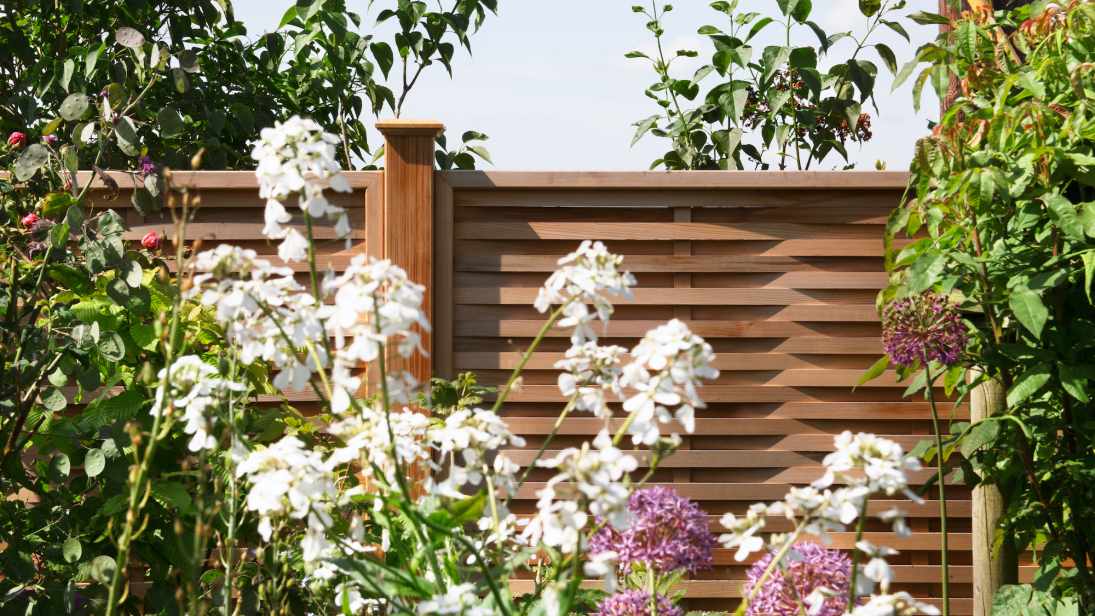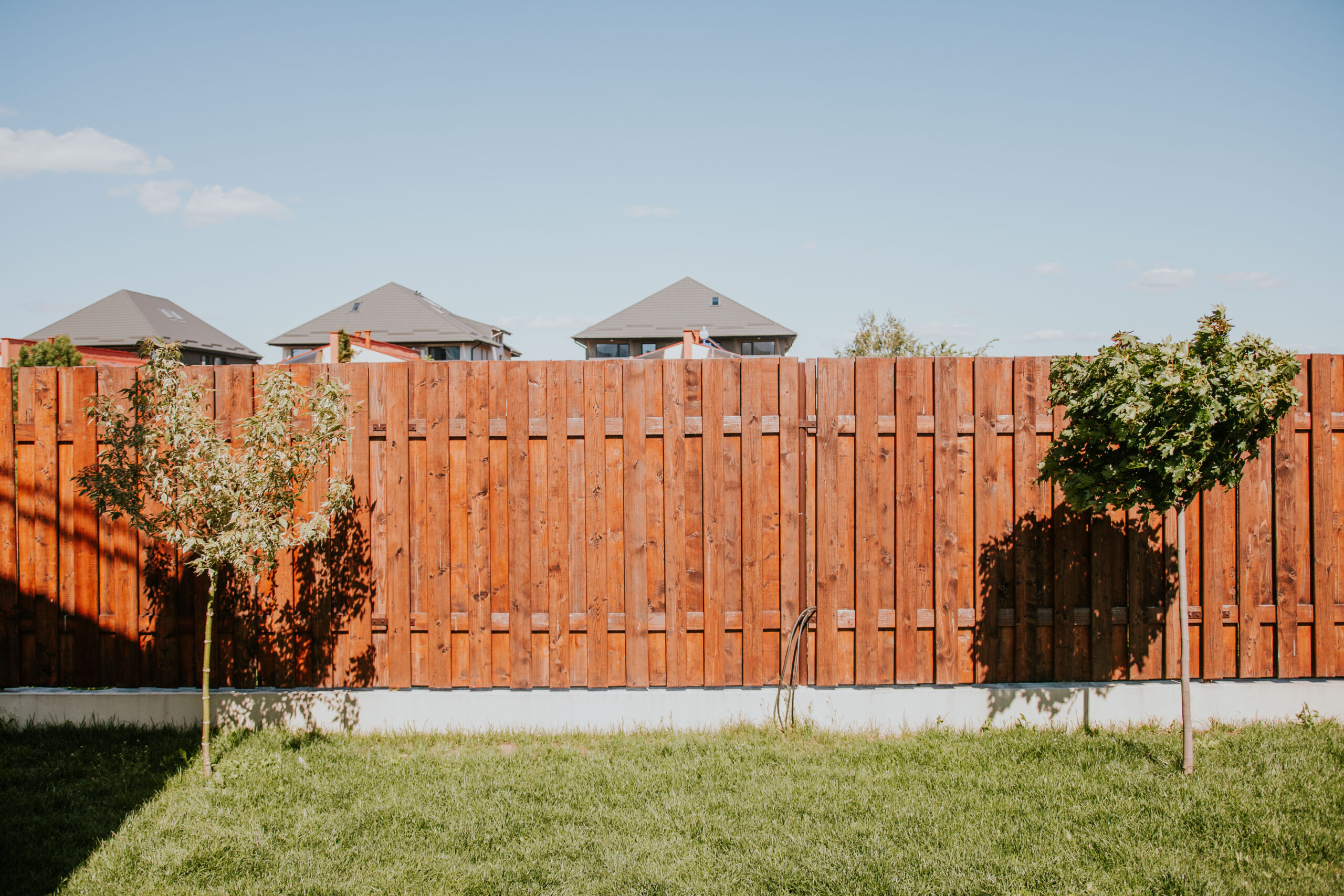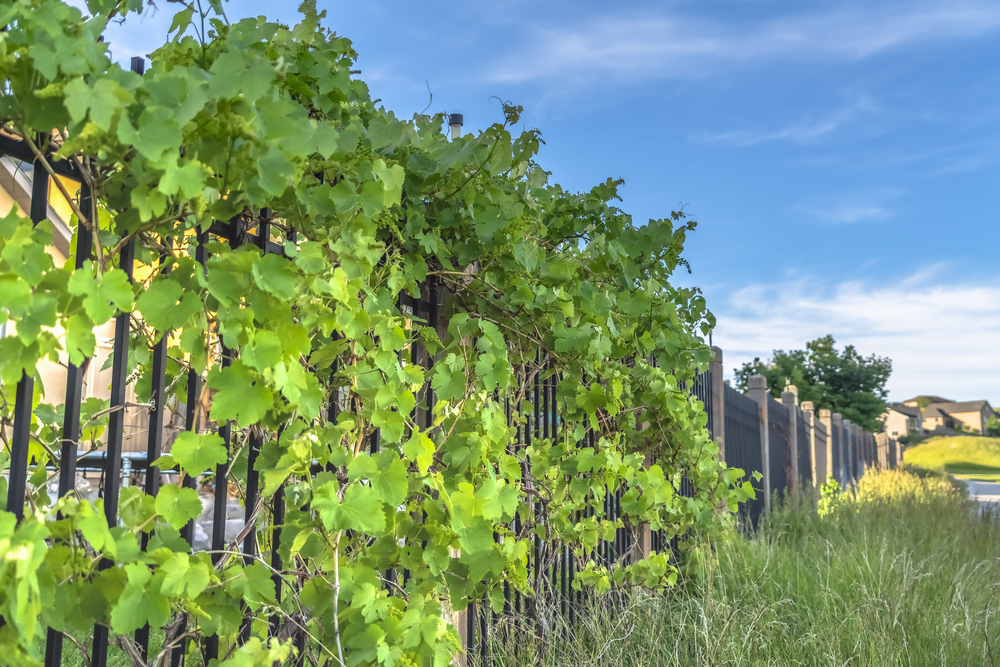All Categories
Featured

Picking the best secure fencing material is essential for accomplishing the balance of resilience, visual appeals, and capability that suits your property. Timber, plastic, and light weight aluminum are preferred choices, each with distinct attributes that deal with particular demands. Right here's an extensive check out the advantages and drawbacks of these 3 products.
Timber Fence. Pros:. Timeless Appeal: Timber provides a natural, traditional look that enhances numerous building styles. Customizable: It can be repainted or discolored in a variety of designs and colors. Cost effective: Wood fences are usually cheaper in advance than plastic or aluminum. Eco-Friendly: As a renewable energy, timber is biodegradable and lasting when sourced responsibly. Disadvantages:. Maintenance-Intensive: Calls for regular discoloration, paint, or securing to shield versus weather condition and bugs. Much Shorter Life-span: Depending upon the sort of wood and climate, it normally lasts 10-15 years. Susceptability to Damages: Prone to decaying, warping, and termite damages without proper treatment. Timber is optimal for house owners that value appearances and agree to invest effort and time in maintenance to prolong its life.
Plastic Fencing. Pros:. Sturdy: Immune to insects, rot, and climate, plastic maintains its framework in extreme problems. Low Maintenance: Requires little upkeep beyond occasional cleaning. Long Life-span: Plastic can last 20-30 years without substantial wear or damages. Functional Designs: Readily available in different shades, structures, and styles, consisting of choices that resemble wood. Cons:. Expensive Setup: Vinyl fencings are more costly to set up compared to wood. Fragile in Winter: Plastic can crack in severe cool environments. Tough to Fixing: If harmed, whole sections might need substitute, which can be testing to match. Plastic secure fencing is a fantastic choice for those focusing on longevity and minimal maintenance, also if it comes with a higher upfront cost.

Aluminum Fencing. Pros:. Rust-Resistant: Aluminum does not corrosion, making it suitable for moist or humid areas. Lightweight but Strong: Offers stamina without being overly hefty, which streamlines setup. Reduced Upkeep: Requires bit greater than cleansing and periodic repainting. Longevity: Light weight aluminum fences can last for decades without significant wear and tear. Elegant Layouts: Frequently made use of for ornamental functions, light weight aluminum includes class to any kind of property. Disadvantages:. High First Cost: Aluminum fences are amongst the extra expensive alternatives. Limited Personal privacy: Usually created with open spaces, they do not obstruct views or sound. Vulnerable to Dents: While tough, light weight aluminum can be nicked or curved with hefty effect. Aluminum is best matched for those who desire a long-lasting, trendy fence and do not require complete personal privacy.
Making the Right Option. Each material has its toughness and weaknesses:

Wood is ideal for eco-conscious customers and traditional visual appeals who don't mind upkeep. Vinyl helps home owners looking for a weather-resistant, low-maintenance solution. Light weight aluminum is a sturdy, attractive alternative for those that want elegance and durability. Consider your concerns-- whether it's price, privacy, upkeep, or look-- and consult a fencing expert to choose the product that ideal satisfies your requirements. A well-selected fencing will certainly boost your home for years ahead.
Latest Posts
Find Leading Car Repair Care offered by Montclare Auto Repair – Quality Service Today
Published May 31, 25
1 min read
Find Best Auto Repair Services offered by Montclare Auto Repair – Drive with Confidence
Published May 27, 25
1 min read
Why Routine Vehicle Maintenance at Montclare Auto Repair Keeps Your Wallet Happy
Published May 26, 25
1 min read
More
Latest Posts
Find Leading Car Repair Care offered by Montclare Auto Repair – Quality Service Today
Published May 31, 25
1 min read
Find Best Auto Repair Services offered by Montclare Auto Repair – Drive with Confidence
Published May 27, 25
1 min read
Why Routine Vehicle Maintenance at Montclare Auto Repair Keeps Your Wallet Happy
Published May 26, 25
1 min read